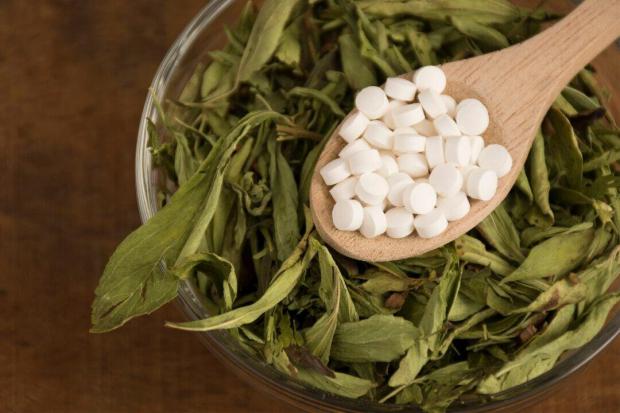
Breaking News
 Iran (So Far Away) - Official Music Video
Iran (So Far Away) - Official Music Video
 COMEX Silver: 21 Days Until 429 Million Ounces of Demand Meets 103 Million Supply. (March Crisis)
COMEX Silver: 21 Days Until 429 Million Ounces of Demand Meets 103 Million Supply. (March Crisis)
 Marjorie Taylor Greene: MAGA Was "All a Lie," "Isn't Really About America or the
Marjorie Taylor Greene: MAGA Was "All a Lie," "Isn't Really About America or the
 Why America's Two-Party System Will Never Threaten the True Political Elites
Why America's Two-Party System Will Never Threaten the True Political Elites
Top Tech News
 How underwater 3D printing could soon transform maritime construction
How underwater 3D printing could soon transform maritime construction
 Smart soldering iron packs a camera to show you what you're doing
Smart soldering iron packs a camera to show you what you're doing
 Look, no hands: Flying umbrella follows user through the rain
Look, no hands: Flying umbrella follows user through the rain
 Critical Linux Warning: 800,000 Devices Are EXPOSED
Critical Linux Warning: 800,000 Devices Are EXPOSED
 'Brave New World': IVF Company's Eugenics Tool Lets Couples Pick 'Best' Baby, Di
'Brave New World': IVF Company's Eugenics Tool Lets Couples Pick 'Best' Baby, Di
 The smartphone just fired a warning shot at the camera industry.
The smartphone just fired a warning shot at the camera industry.
 A revolutionary breakthrough in dental science is changing how we fight tooth decay
A revolutionary breakthrough in dental science is changing how we fight tooth decay
 Docan Energy "Panda": 32kWh for $2,530!
Docan Energy "Panda": 32kWh for $2,530!
 Rugged phone with multi-day battery life doubles as a 1080p projector
Rugged phone with multi-day battery life doubles as a 1080p projector
 4 Sisters Invent Electric Tractor with Mom and Dad and it's Selling in 5 Countries
4 Sisters Invent Electric Tractor with Mom and Dad and it's Selling in 5 Countries
Fermented Stevia Extract Kills Pancreatic Cancer Cells In Lab Tests

Pancreatic cancer shows significant resistance to existing treatments like surgery, chemotherapy, and radiation.
"Globally, the incidence and mortality rates of pancreatic cancer continue to rise, with a five-year survival rate of less than 10 percent," study coauthor Narandalai Danshiitsoodol, associate professor at Hiroshima University, said in a press statement.
There's a growing need to find new, effective cancer-fighting compounds—especially those that come from medicinal plants, said Danshiitsoodol.
Fermentation Unlocks Cancer-Fighting Power
The study, recently published in the International Journal of Molecular Sciences, found that when stevia is fermented with a probiotic, the resulting extract kills pancreatic cancer cells while sparing healthy kidney cells. The fermented extract inhibited cancer growth but did not harm normal cells.
The research team fermented stevia leaf extract using the probiotic Lactobacillus plantarum SN13T, a beneficial bacterium commonly found in fermented foods like sauerkraut, pickles, and kimchi. The researchers noted that fermenting the extract with bacteria can change its structure and produce beneficial compounds called bioactive metabolites.
"To enhance the pharmacological efficacy of natural plant extracts, microbial biotransformation has emerged as an effective strategy," Masanori Sugiyama, a professor of microbiology and biotechnology and coauthor of the study, said in a press statement.
Sugiyama's lab has studied more than 1,200 strains of bacteria from fruits, vegetables, flowers, and medicinal plants, evaluating their health benefits.
The results showed that the fermented stevia leaf extract (FSLE) was more effective at killing cancer cells than the nonfermented version.
Sugiyama said that FSLE was also less harmful to the HEK-293 cells, which are human kidney cells used in the study. Even at the highest dose tested, FSLE caused minimal damage to these cells.
This is important because conventional chemotherapy, such as cisplatin, can damage the kidneys—especially the left one, which is adjacent to the pancreas.



